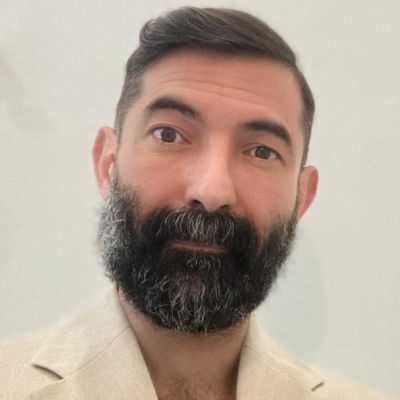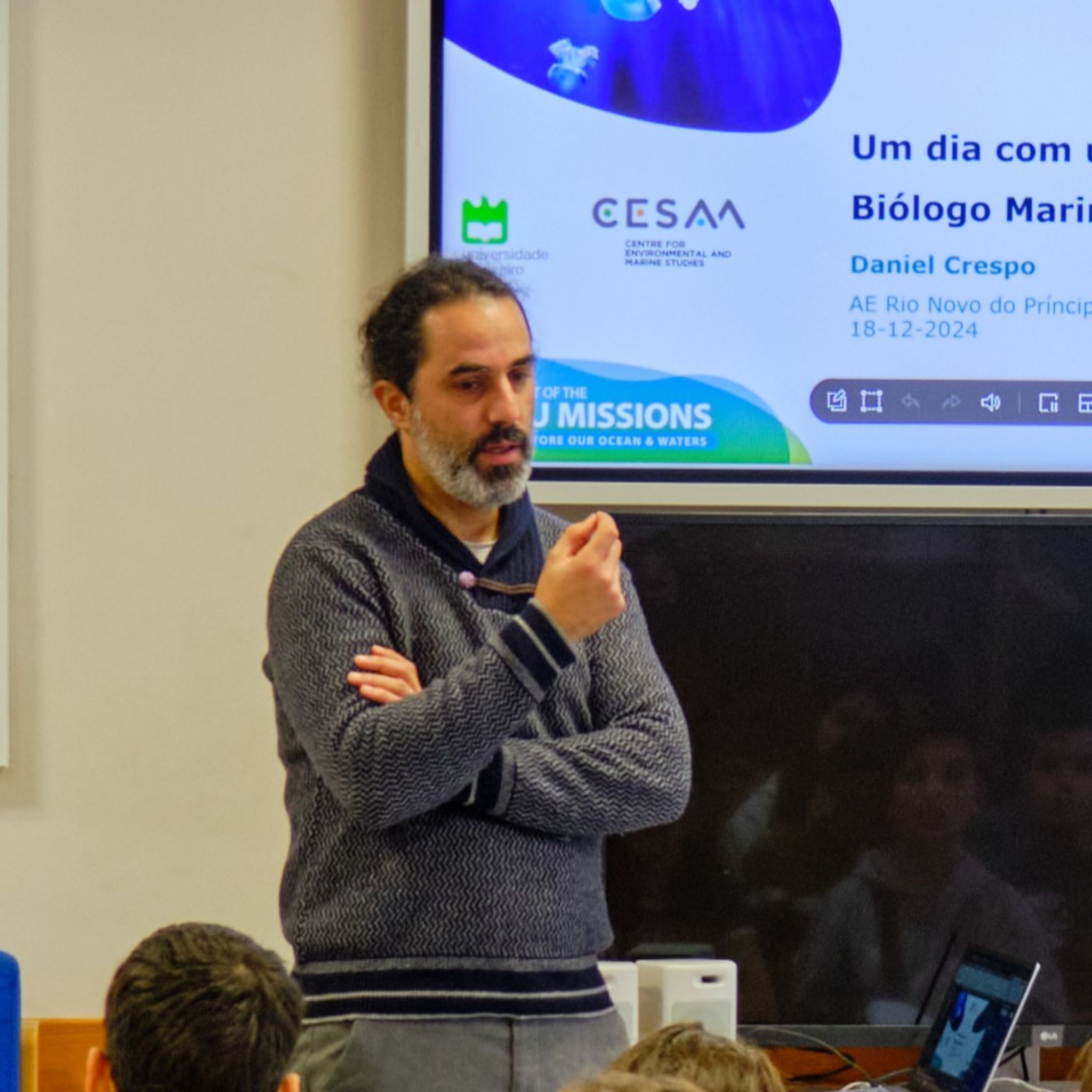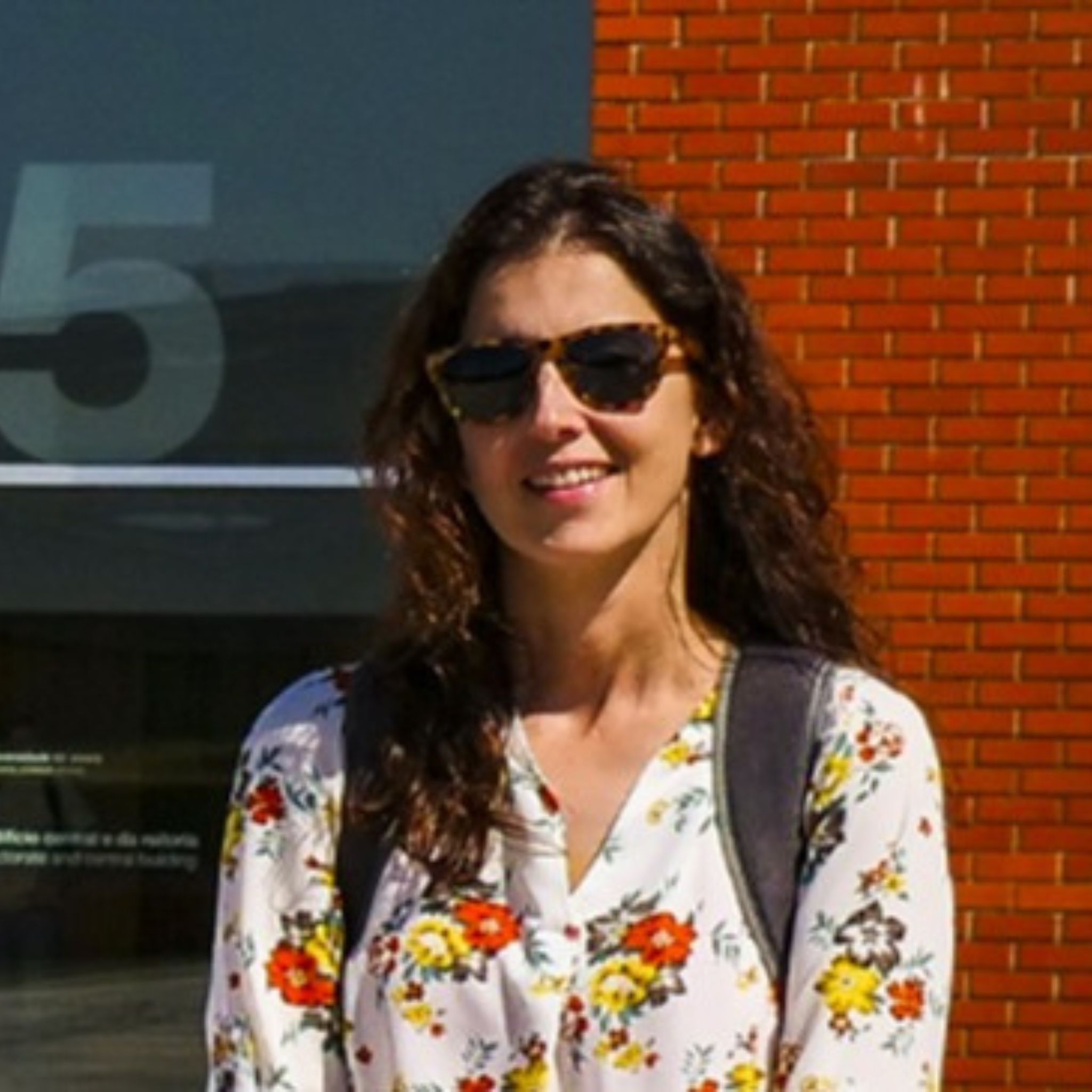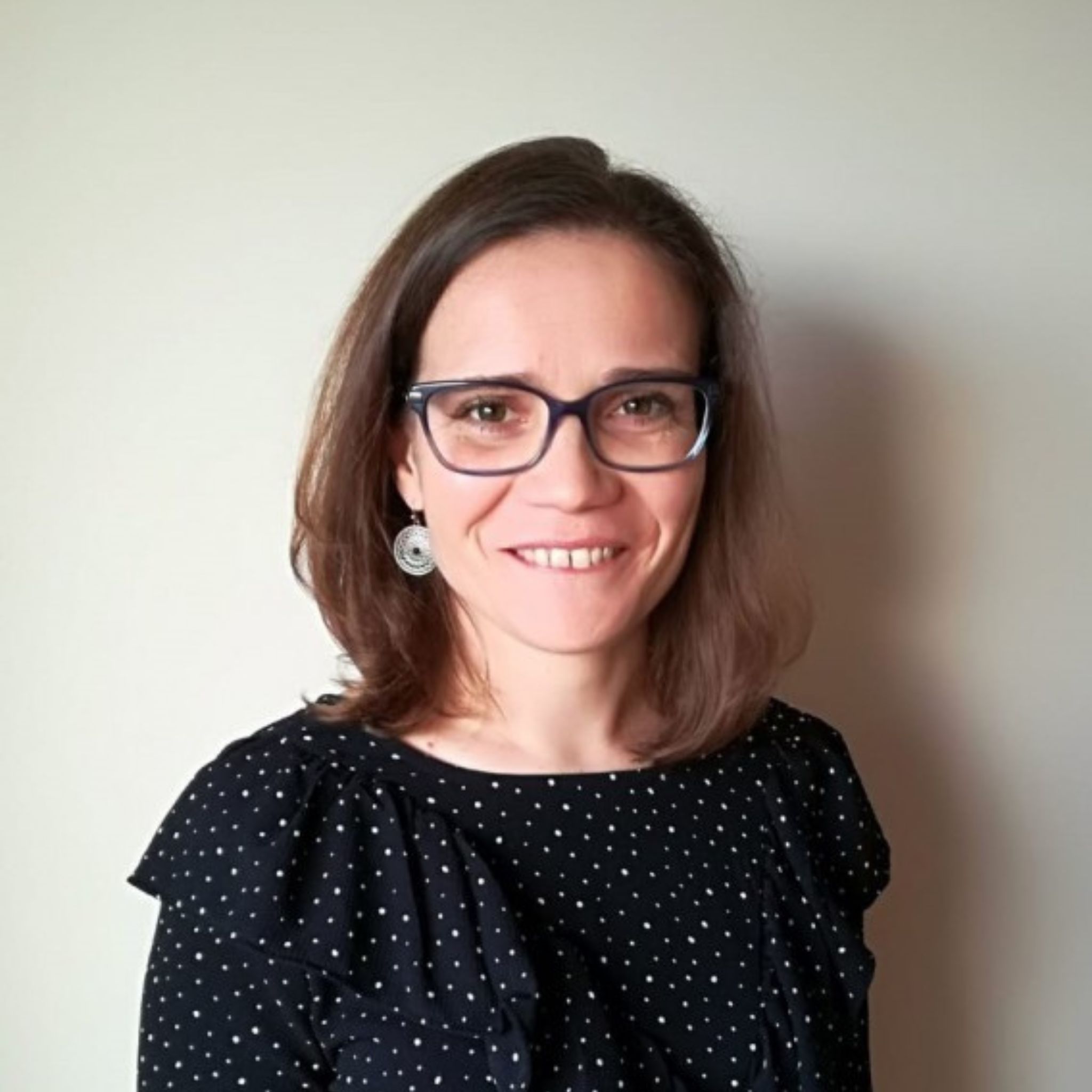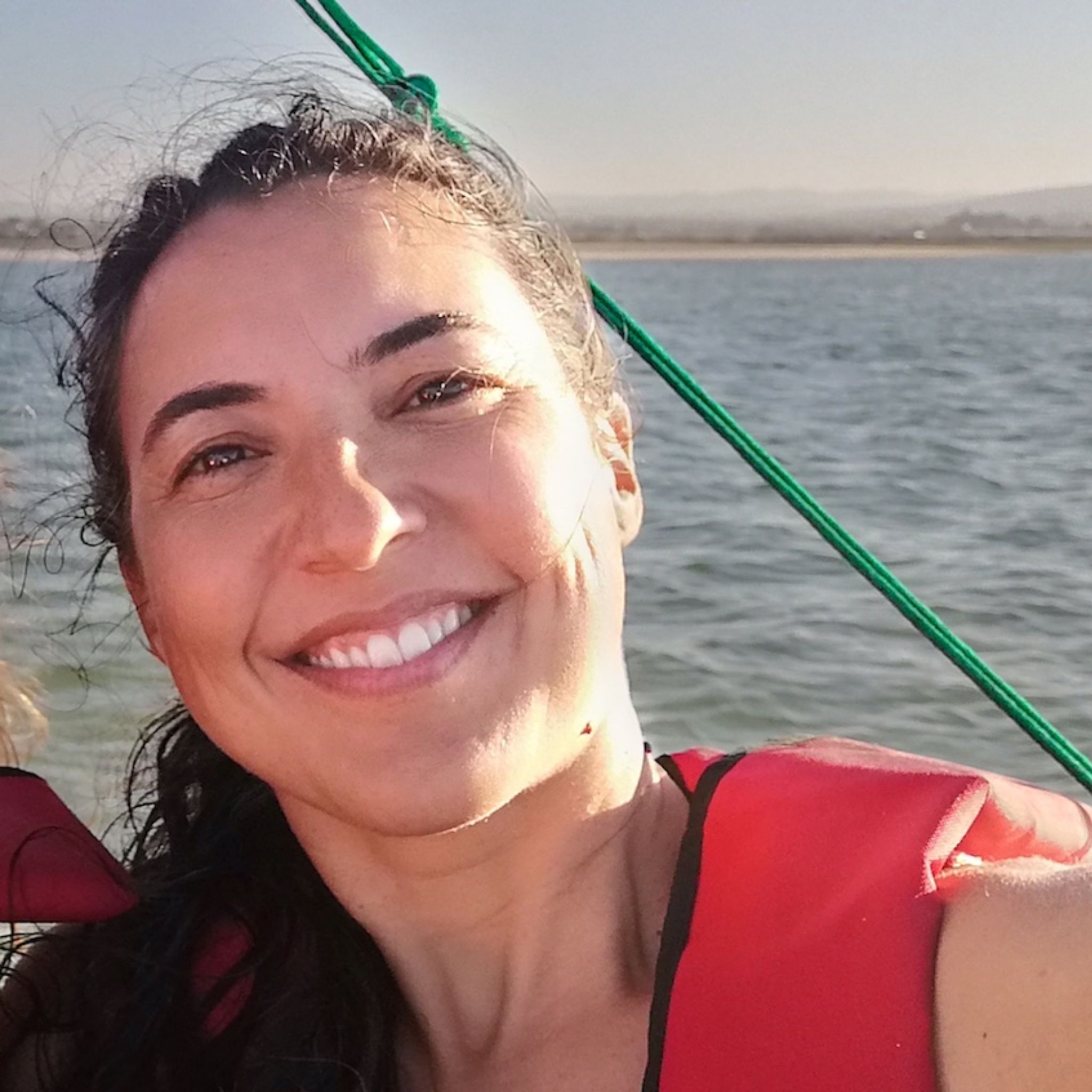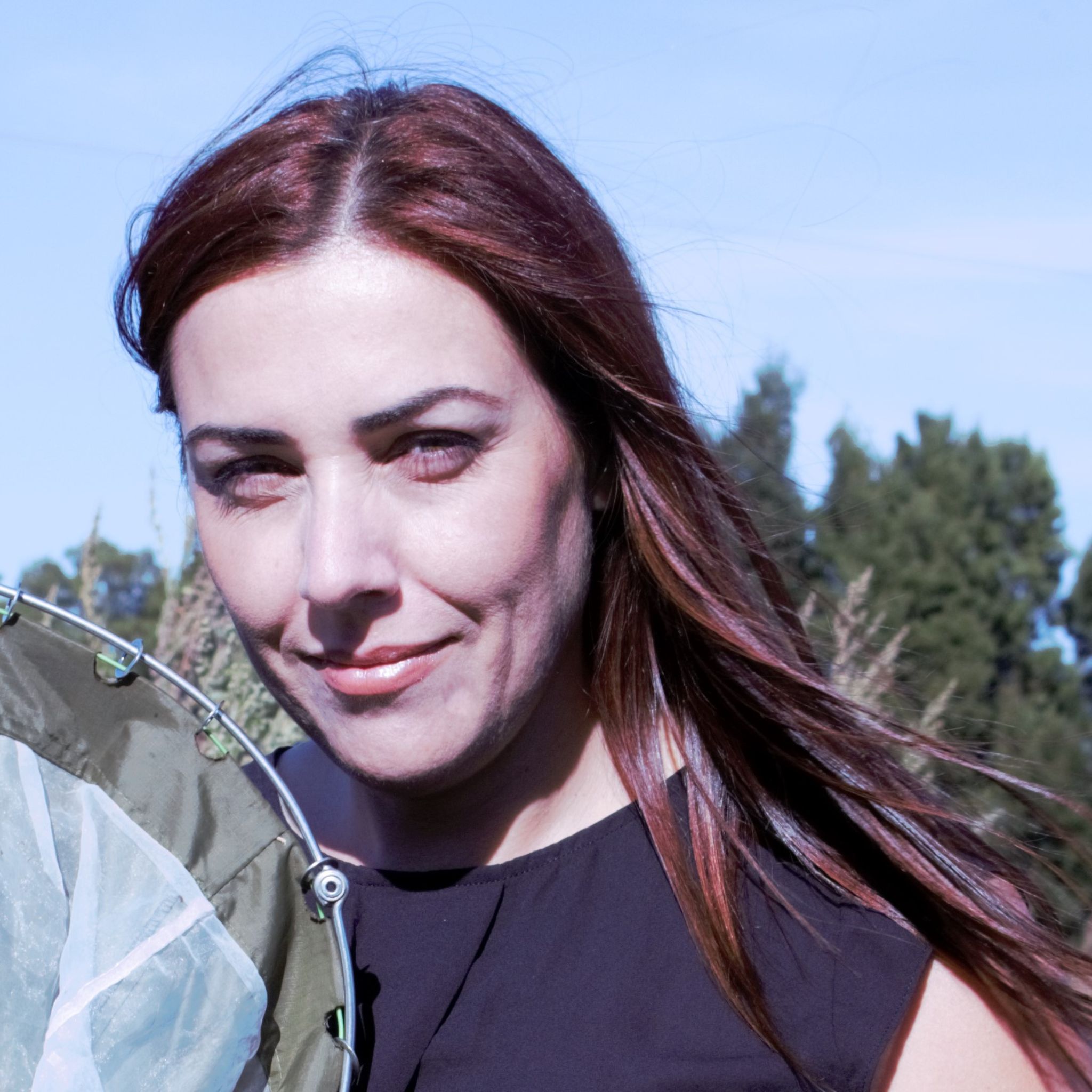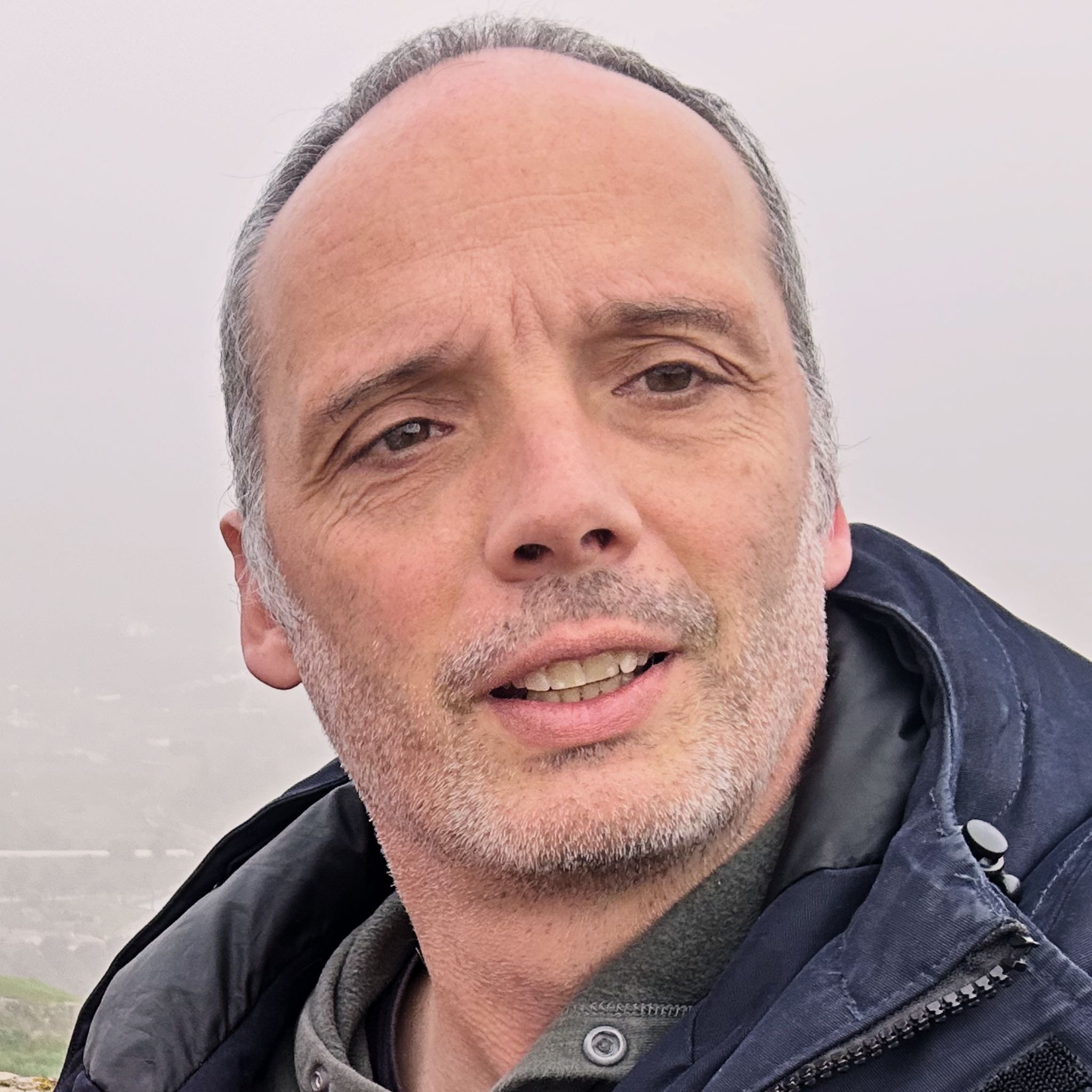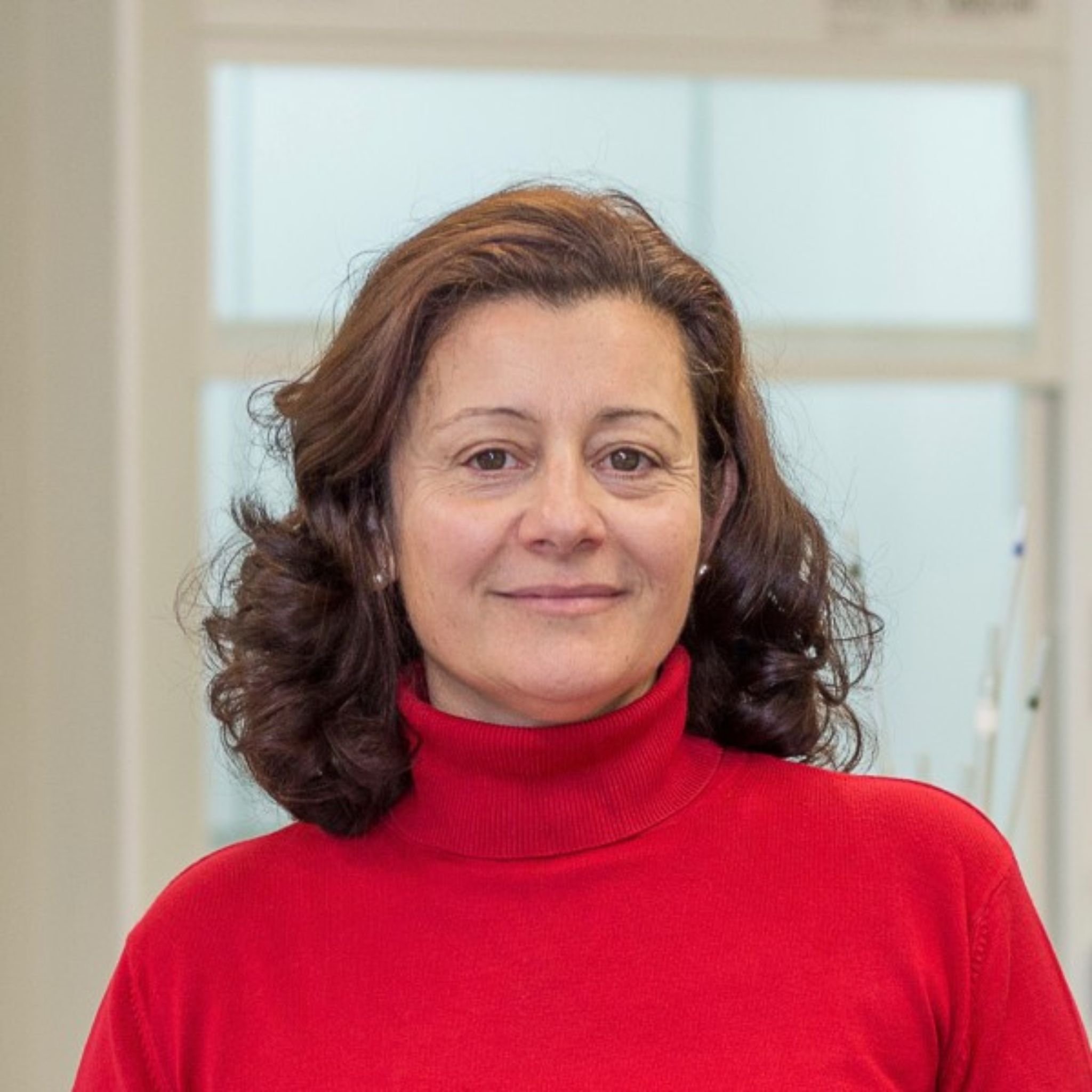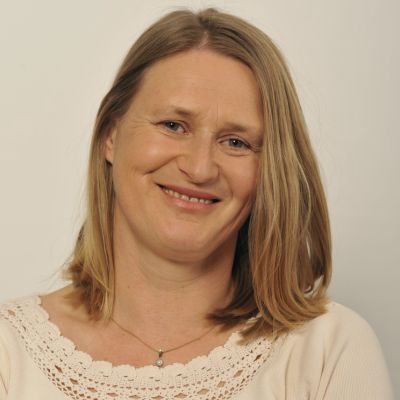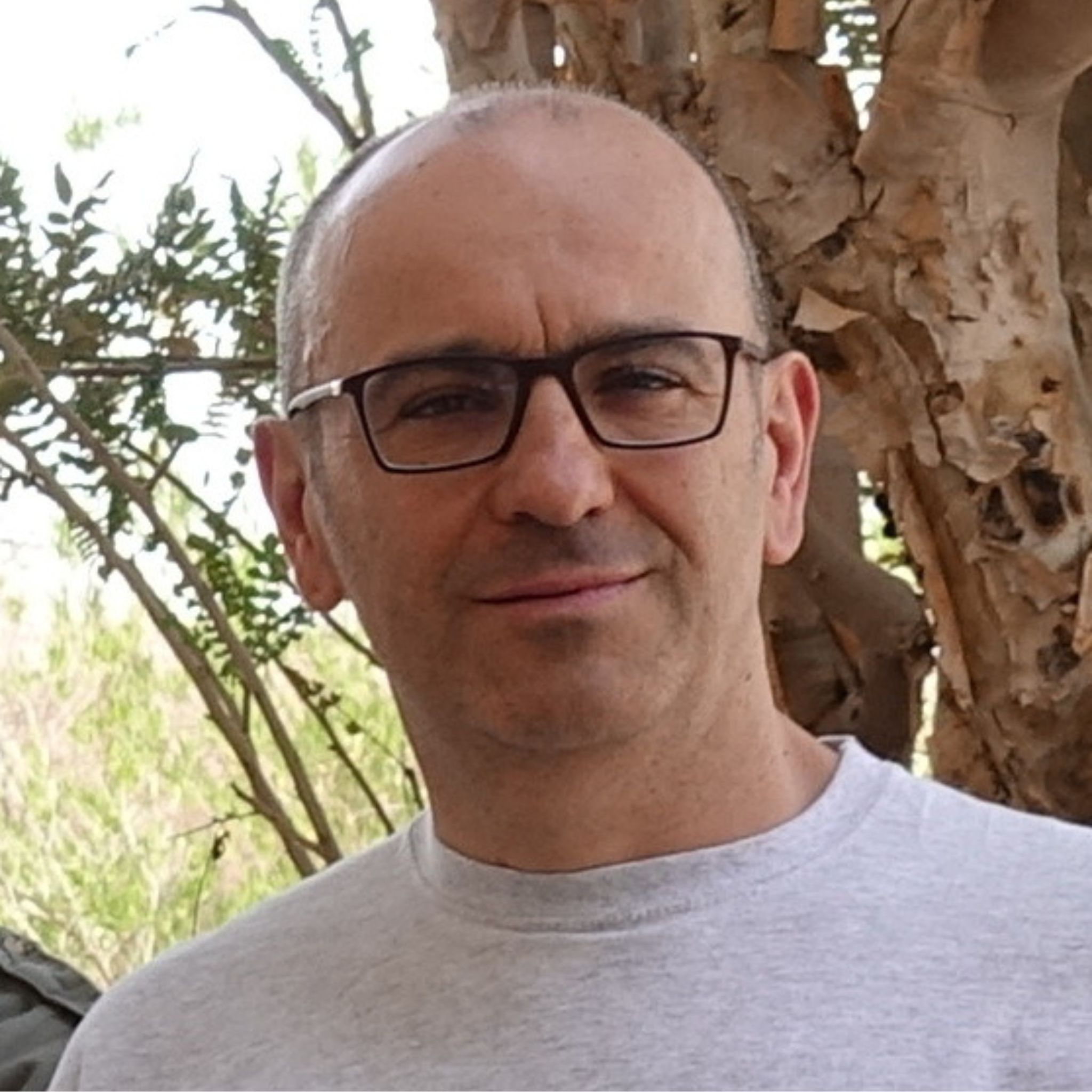Post-doctoral researcher at BIOME Lab Alma Mater Studiorum – University of Bologna. Michele Lussu is a botanist with research focused on plant ecology, biogeography, and conservation. His work investigates spatial and temporal patterns of orchid distribution to support effective biodiversity conservation strategies, and to contribute to effective strategies for biodiversity conservation.
Daniel Crespo
Daniel Crespo holds PhD in Biosciences, specialisation in Marine Ecology, by the University of Coimbra since 2017. He has been working in the cumulative effects of global changes, including thermal and salinity stresses, introduced species and biodiversity shifts, in the ecosystem functioning of estuarine systems. After working with LifeWatch ERIC, he is now an auxiliary researcher in CESAM-University of Aveiro, within project A-AAGORA (Horizon Europe), working on cross-sectoral cooperation for restoration of marine and coastal ecosystems and increased climate resilience through transformative innovation
Bruna R.F. Oliveira
Bruna R. F. Oliveira is an environmental engineer and technologist bridging soil sciences, ecosystem fluxes, and remote sensing to develop nature-based solutions for ecosystem restoration and climate resilience. Her academic foundation includes a Ph.D. in Environmental Technology from Wageningen University (2017) and an M.Sc. in Environmental Engineering from the University of Aveiro (2009).
Throughout her career, Bruna engaged in interdisciplinary research projects addressing critical environmental challenges, such as the indirect effects of wildfires on carbon fluxes, enhancing training and employability in wildfire management, engineering the sponge function of pasture soils to combat desertification, assessing innovative solutions like geotubes and mycotechnosoil to prevent erosion and enhance restoration of burnt forests, developing global models to predict post-fire ecosystem fluxes using remotely sensed data, and modelling wetland restoration impacts on carbon pathways and climate resilience.
In 2024, Bruna was honoured with the Belmiro de Azevedo Foundation prize for biodiversity conservation through the CCforBio project, which focuses on introducing conservation corridors in forest plantations.
Bruna is building a scientific career grounded in a commitment to ecosystem restoration and conservation, advancing environmental knowledge through interdisciplinary research while shaping practical strategies for ecosystem conservation and sustainable land use.
Ana Sousa
Ana Sousa holds a PhD in Biology (specialisation in Ecology) from University of Lisbon, Portugal (2010). She is currently an Assistant Professor at CESAM-Centre for Environmental and Marine Studies, Department of Biology, University of Aveiro (UAveiro), PT. She has focused her research on coastal wetlands resilience and long-term spatio-temporal changes due to climate change, natural/human-driven threats (e.g., non-indigenous species); coastal wetlands (seagrass and salt marsh) restoration (Portugal and Denmark), conservation/management through transdisciplinary approaches to answer scientific/societal challenges. Her research has also included ecosystem services and habitats mapping, specially for coastal areas, and blue carbon assessment. Currently, she coordinates at UAveiro the project REWRITE (Horizon Europe), which focuses on the REWilding and Restoration of Intertidal Sediment Ecosystems for Carbon Sequestration, Climate Adaptation and Biodiversity Support (DOI:10.3030/101081357), and the Project CAPTA – Climate Neutrality: Blue Carbon role in the coast of Portugal and Galicia (Interreg VI-A España-Portugal (POCTEP)). She is a team member of the projects LifeSeagrassRiaWild (LIFE+), RESTORE4Cs, A-AAGORA (both Horizon Europe). She coordinated the projects BioPradaRia (MAR2020/EMFF), MARSH-C-LEVEL and C-GRASS (OHMI/CNRS). AI Sousa participated in International scientific workshops/networks (e.g. TeaCompositionH2O, iSBio Consortium (SoilTeaBag) as UAveiro site coordinator); she is part of networks performing long-term research/monitoring (LTER-PT&Europe), contributing to worldwide databases. Overall, she participated in over 30 R&D Inter/national projects (e.g. PORBIOTA – LifeWatch PT node) focused on wetland ecology and conservation, biodiversity and coastal management. She was a Seagrass Bioregional Co-Leader of IUCN SSS Group & Red List Authority (2020-2022); a Review Editor – Frontiers in Marine Science (Marine Ecosystem Ecology). Participated in outreach activities as organiser/invited speaker. Ana Sousa has (co)authored several ISI papers, book chapters, technical reports, and contributed to presentations at international/national conferences. ORCID ID (0000-0003-0783-5177).
Heliana Teixeira
Heliana Teixeira is a marine benthic ecologist, with a PhD in Biology, specialty Ecology from University of Coimbra (PT), with training at University of Murcia (SP), AZTI Foundation (SP) and Southern California Coastal Water Research Project SCCWRP (USA). Since 2016, she is an assistant researcher at the Centre for Environmental and Marine Studies (CESAM) and the Dept. Biology at the University of Aveiro (PT), leading the Ecosystem Management and Conservation Research Group. In the past she worked at the IMAR Marine Research Institute (PT) and the EU COM JRC Joint Research Centre (IT). Her research focuses on environmental quality assessment, investigating pressure-response relationships to reverse the negative impacts of anthropogenic disturbances, namely of biological invasions and climate change, in coastal and marine ecosystems. She has particular interest in the use and development of ecological indicators and assessment tools and on the mobilisation of biodiversity FAIR data through public repositories. Her interests also include socio-ecological research for understanding biodiversity links to ecosystem services, using participatory processes to engage stakeholders and integrate local ecological knowledge. Long experience in international expert groups on the domains of Water and Marine Strategy, with several studies highlighted as relevant Science for Policy denoted in her Sage Policy profile. Currently she is part of the EU Water Directive ECOSTAT WG on nutrients and other physical-chemical elements in support of good ecological status, and of COST Action InsectAI Using Image-based AI for Insect Monitoring & Conservation. She also collaborates with the EU COM JRC for developing research tools for non-indigenous and invasive species and with LifeWatch ERIC, through PORBIOTA the Portuguese e-Infrastructure for Information and Research on Biodiversity. She participated in more than 20 R&D projects, co-authoring many scientific publications as well as books, guidance and technical reports. She currently participates in HEU projects GES4SEAS (2022-26) and B-CUBED (2023-26) and collaborates in the HEU projects A-AAGORA, RESTORE4C’s, REDRESS and LIFE SeaGrassRIAwild. She is an active member of InvECO the Portuguese network for the study and management of invasive alien species of the Portuguese Ecological Society, and Specialty Chief Editor of Frontiers in Marine Science in Marine Ecosystems Ecology. ORCID iD 0000-0001-8525-9967.
Olga Ameixa
Olga Ameixa is an ecologist with a PhD in Biology, specialisation in Ecosystem Biology from the University of South Bohemia (CZ). Since 2023, she has been an Assistant Researcher at the Centre for Environmental and Marine Studies (CESAM) and the Department of Biology at the University of Aveiro (PT). In the past, worked as a researcher at the Global Change Research Center of the Academy of Sciences of the Czech Republic. During that period, she participated in several international and national projects (CZ).
Her research focuses on insect biodiversity and ecology, and its role in ecosystem services, particularly in response to environmental changes such as biological invasions and land use changes. She applies frameworks like CICES to evaluate and develop indicators of insect-mediated ecosystem services.
She has an extensive experience in biodiversity monitoring and over the past years has unravel several new invertebrate records for the Portuguese coast and some for Iberian Peninsula, in the Ria de Aveiro salt marsh area.
She has led and contributed to projects on nature-based solutions, including phytoremediation, biological control, pollination, and biomass production. She has been Principal Investigator in RESTORE (CNRS-FR), SUShI (FCT-PT), and REGREEN (PT), and a team member in PORBIOTA (LifeWatch PT node), LAGOONS (EU-FP7), and POLLINATE (FCT-PT).
Between 2016 and 2017, worked as Invited Assistant Professor of Entomology and Ecology at the University of Aveiro. Currently, teaches Biodiversity and Terrestrial Ecology, Urban ecology and supervises multiple PhD, MSc, and undergraduate students.
She is an active member of international research networks, serving as national delegate and working group leader in the COST Actions Insect-IMP and GIN-TONIC. From 2019 to 2022, she convened the IOBC/WPRS Working Group on Biological Control Agents. She also a member of the EKLIPSE Knowledge Coordination Body and contributes to the eLTER-PT Ria de Aveiro site. ORCID: 0000-0002-5422-1090
João Pedro Martins Coelho
João Pedro Martins Coelho is a biologist, MsC in Ecology (2004, Coimbra University) and PhD in Chemistry (2009, Aveiro University). He is, since 2018, an Assistant Researcher at the Centre for Environmental and Marine Studies (CESAM) and the Department of Biology at the University of Aveiro (PT).
The main research focus throughout his career has been the influence of human pressures in transitional aquatic ecosystems, ranging from nutrient and contaminant biogeochemistry, bioaccumulation and trophic transfer, population dynamics or the effect of climate change and invasive species on the equilibrium of estuaries and coastal lagoons. 20 years working on various aspects of a recovering, historically contaminated estuarine system originated the awareness on the importance of ecosystem restoration, namely through nature-based solutions. He coordinated two projects (RemediGrass (FCT) and Remoliço (MAR2020)) aiming to evaluate the effectiveness of using seagrass re-colonization as an innovative nature-based solution to accelerate the recovery of degraded systems. He is currently involved in 4 European projects focussed on ecosystem restoration (three HEU projects, AA-AGORA, Restore4Cs, ReWrite and an Interreg, CAPTA) and coordinates project LIFE SeagrassRIAwild (EU – LIFE Programme) which aims to develop seagrass mariculture to enable large-scale seagrass restoration. ORCID: 0000-0003-1975-8308.
Ana Lillebø
Ana Lillebø holds a PhD in Biology, specialisation in Ecology (2001) from University of Coimbra, Portugal and habilitation in Biology (2023) from University of Aveiro, Portugal. She is a well-established researcher in Coastal Ecosystems with focus on: Coastal Ecosystems Ecological Status & Management; Applied Ecology & Nature-based solutions; Environmental Chemistry & Anthropogenic impacts; EU Policies & Ecosystem Services, in a transdisciplinary context (ORCID: 0000-0002-5228-0329; Scopus h index=44). She was the Scientific Coordinator of CESAM – Centre for Environmental and marine Studies from May 2017 until May 2021. Currently, she is CESAM’s representative and Vice-Chair of AlterNet: A long-term biodiversity, ecosystems, and awareness research network. Since May 2022, she is the Vice-Rector to matters concerning the promotion of quality, communication, effectiveness and efficiency of the University and environmental sustainability.
Andreja Ramšak
Alessandro Chiarucci
Full Professor at the Alma Mater Studiorum – University of Bologna, and coordinator of the BIOME Lab (BIOdiversity and MacroEcology). I am Botanist and ecologist with research activities focusing species diversity patterns within the frame of biogeography, biodiversity assessment and conservation biology. My research mission is to understand the patterns and processes of species coexistence in relation to the spatial and temporal scales and to improve the approaces adopted for biodiversity conservation. My management approach is to promote a community-based decision making for strategic development. I like to collaborate with a broad spectrum of espertises, in the frame of theoretical, empirical and applied research projects, within a friendly environment and exchange culture. I consider Science as a contribution to a better world, peaceful and healthy for the human beings and the other organisms living on the Earth.
